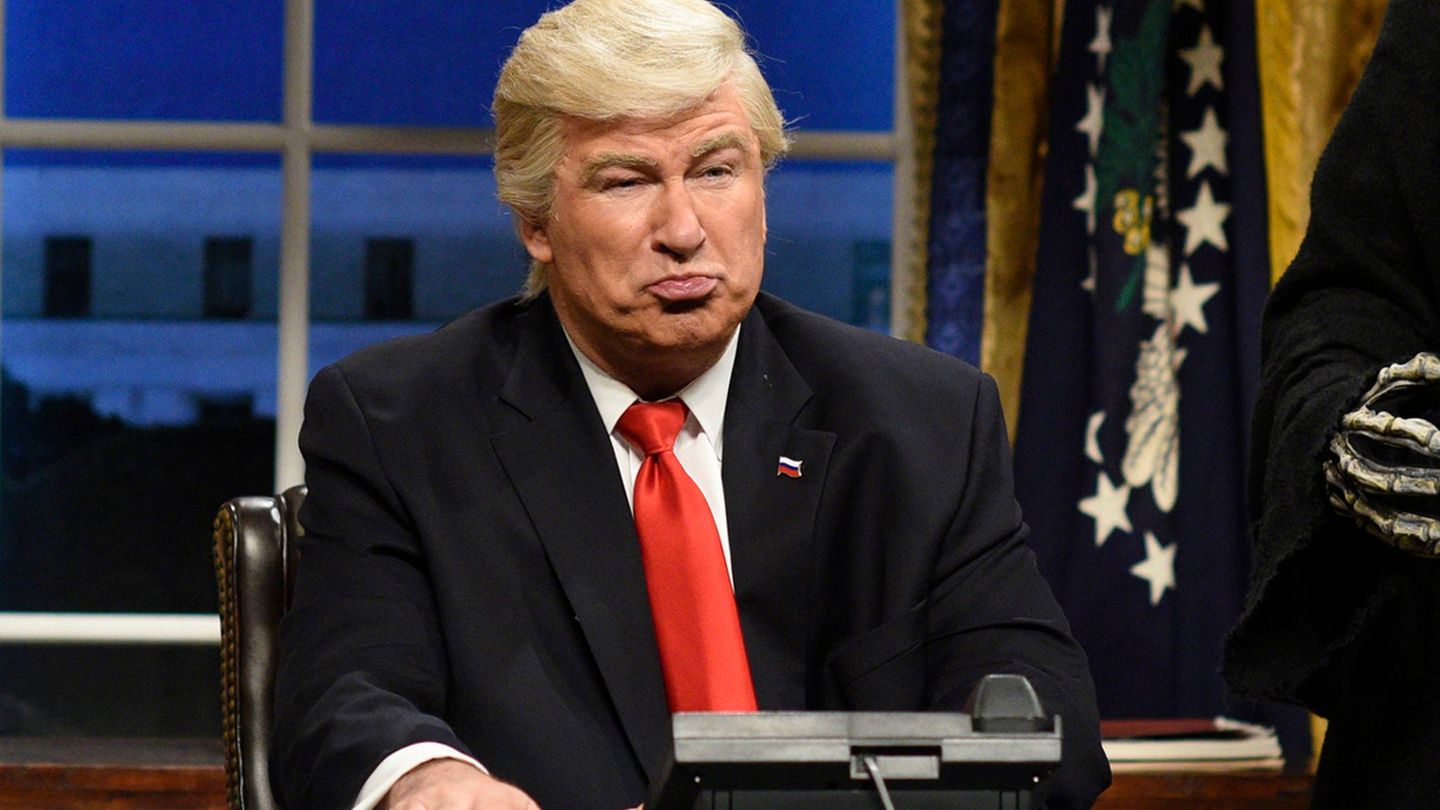Toys are increasingly being ordered online. However, there are dangers lurking, especially with dolls, teddies and the like from China.
Balloons with carcinogenic substances, boron in toy slime or a doll with additives that are classified as endocrine disruptors. These are just three examples of children’s toys containing banned chemicals that break EU rules and still make it onto the market. “There are toys that contain large amounts of chemicals that are harmful to health,” said the managing director of the Federation for the Environment and Nature Conservation Germany (BUND), Antje von Broock, according to the announcement.
Toys bought online may contain chemicals such as plastic softeners, carcinogenic nitrosamines or bisphenol A in high concentrations. In the past year alone, European authorities found more than 200 toys with banned pollutants during random checks, the environmental association reported. 90 percent of the identified toys containing harmful substances came from China.
BUND: “Knowledge confusion at the expense of human health”
According to a BUND legal opinion, the laws in Germany and the EU do not provide sufficient protection against these harmful products. The monitoring of toys is lagging behind, especially in the rapidly growing online trade. “Unfortunately, online trading is not yet being reviewed in a way that is comparable to that of brick-and-mortar retail,” criticized von Broock.
In addition to gaps in the law in online trading, the coordination of the monitoring authorities in Germany at state level is also not sufficient. “The confusion of competences at the expense of human health cannot go on like this,” said von Broock and called for an “effective national market surveillance strategy”.
Toy industry: “Brings an entire industry into disrepute”
The toy industry, which has known about the problem for years, would also like more controls. “From the point of view of renowned quality manufacturers of toys, the uncontrolled activity on online marketplaces is a real nuisance because it brings an entire industry into disrepute,” said Ulrich Brobeil, Managing Director of the German Association of the Toy Industry.
But national solutions would bring “absolutely nothing”. Instead, online platforms should be made more responsible, demands Brobeil, but also sees buyers as responsible. “Consumers should be aware that their behavior is contributing to this situation,” said Brobeil. In the case of the toy complained about, there is a connection between price and quality as well as price and safety.
The Federal Association of Toy Retailers (BVS) is appealing to buyers and retailers to take a close look at the sources of supply and supply chains. “There is no super authority that can test every toy in the world,” said BVS Managing Director Steffen Kahnt. But reputable brands would do a lot to sell clean products.
Source: Stern




